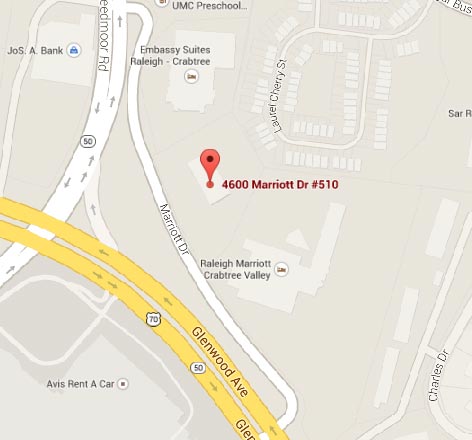During the last two weeks of August, I drove 1,185 miles — from Beaufort County in the east to Madison County in the west, from Scotland County in the south to Alleghany County in the north, and other places in between — in my new role as a master coach with NC New Schools/Breakthrough Learning.
I was on the road visiting 31 educators who had converged on Raleigh to attend a week of on-boarding for Coach University, a year-long training program for educators to prepare them to become coaches in their counties or schools. Some of these educators were full-time countywide coaches, some were full-time on-site coaches for one school, many were classroom teachers planning to teach while taking on the additional responsibility of coaching their peers. Some of these classroom teacher-turned-coaches had an extra planning period in which to coach; others were asked to coach in addition to a full teaching load. After their week-long workshop, these coaches were prepared to begin practicing their roles with the ongoing support of a master coach — that’s me — during their first year in this role.
Reflecting on change
As I drove the 1,185 miles for my initial meetings with nine new coaches from eight different schools and six different counties, I had a lot of time for contemplation and reflection on the master coach role.
I loved teaching, and I still love teaching. When I left teaching to become an NC New Schools/Breakthrough Learning instructional coach in 2014, I missed my classroom. But I knew that as a coach, I would influence students across the state by working with their teachers.
Becoming a master coach is similar. I will miss the schools I had to give up to have days available for master coaching. But I know that by supporting educators who will become on-site coaches, my work will ultimately have a greater impact on even more teachers and thereby even more students. I also know that by beginning a program like Coach University that allows teachers dedicated to their schools to receive the same kind of preparation NC New Schools/ Breakthrough Learning coaches receive, we are creating a more sustainable system of services to support powerful teaching and learning in schools. This sustainability is key to a more successful educational system across the nation.
Coaching creates connections
So, now you know what I think of Coach University and master coaching, but what do other people think? Susan Simpson, an instructional coach with NC New Schools/Breakthrough Learning, has noticed a difference in her work at schools with Coach University graduates and current participants.

According to Susan, having a Coach University participant at a school allows for more cohesive planning between the school and the organization’s instructional coaches.
On-site coaches, who now know not only the culture of their own schools but also the big picture of the benefits of coaching with the NC New Schools/Breakthrough Learning model, are able to support Impact Plan discussions. They also can support planning for professional learning sessions that aligns with both perspectives. Additionally, they are able to help fill in the gaps between visits from the organization’s instructional coaches. When an NC New Schools/Breakthrough Learning coach provides a professional learning session to a school but then can’t get back right away to support implementation of the strategies, the on-site coach is there to work one-on-one with the teachers.
Coaching testimonial
What about educators who have experienced Coach University as a participant? What do they think of the experience?
Jill Robertson, who finished her year of lead coaching in spring 2015, says that Coach University prepared her to support her colleagues in powerful teaching and learning practices that ensure that all students read, write, think, and talk in every class every day. Through co-planning, modeling and facilitating instructional rounds, Ms. Roberston encourages her colleagues to experience the power of collaboration for supporting student learning.
“Through the use of instructional rounds, I can support student learning by helping teachers focus on collecting classroom evidence around a student-learning question in their own authentic classroom environment,” Robertson says. “Coach University. . . has helped me the most by [expecting] me to begin to ask critical questions that promote non-evaluative, reflective practices. This is something that will take me the furthest in my ability to support teaching and learning in the future not only in my own classroom but with others in the school community wherever my journey takes me.”
Catherine Hart is a master coach and instructional coach with NC New Schools/Breakthrough Learning.




















